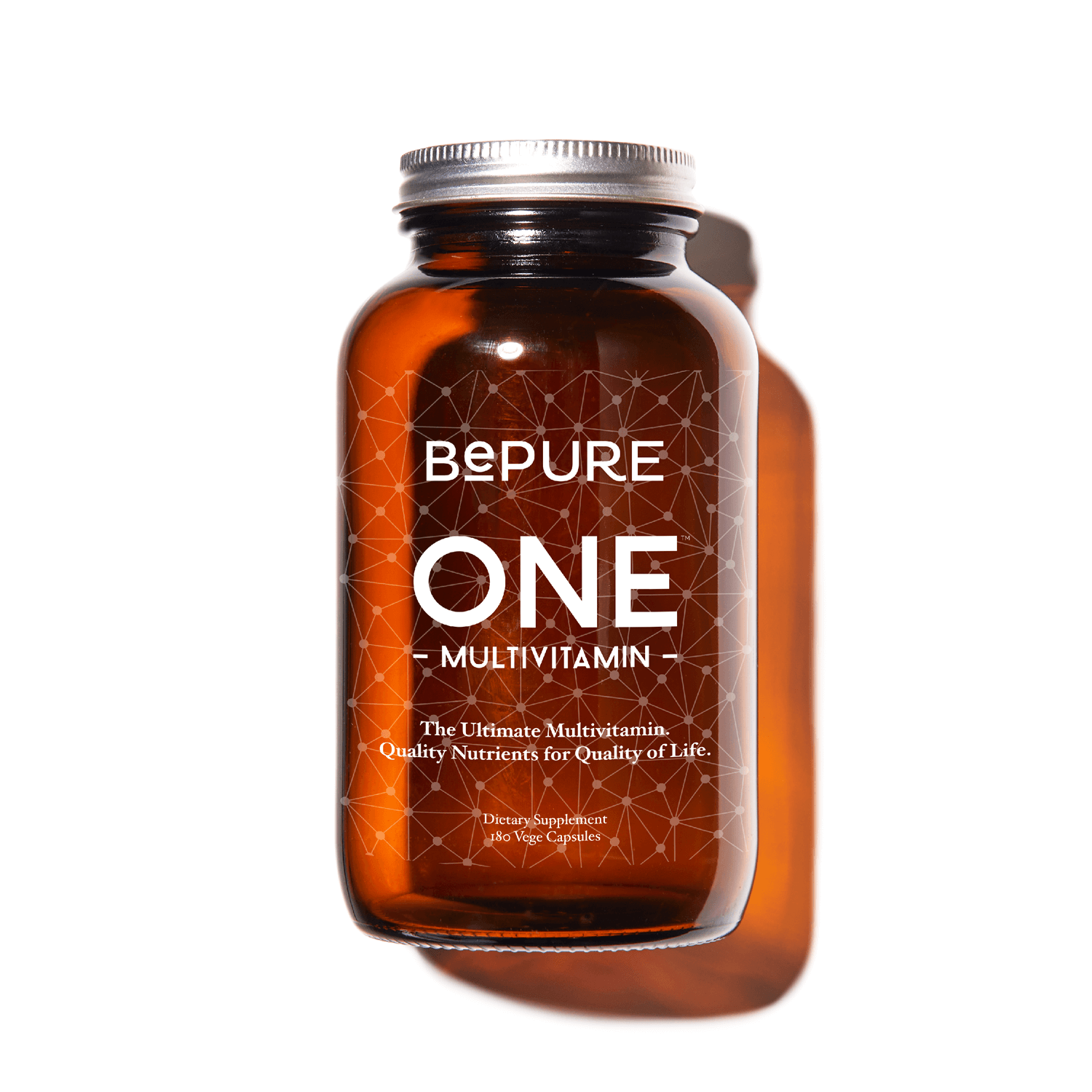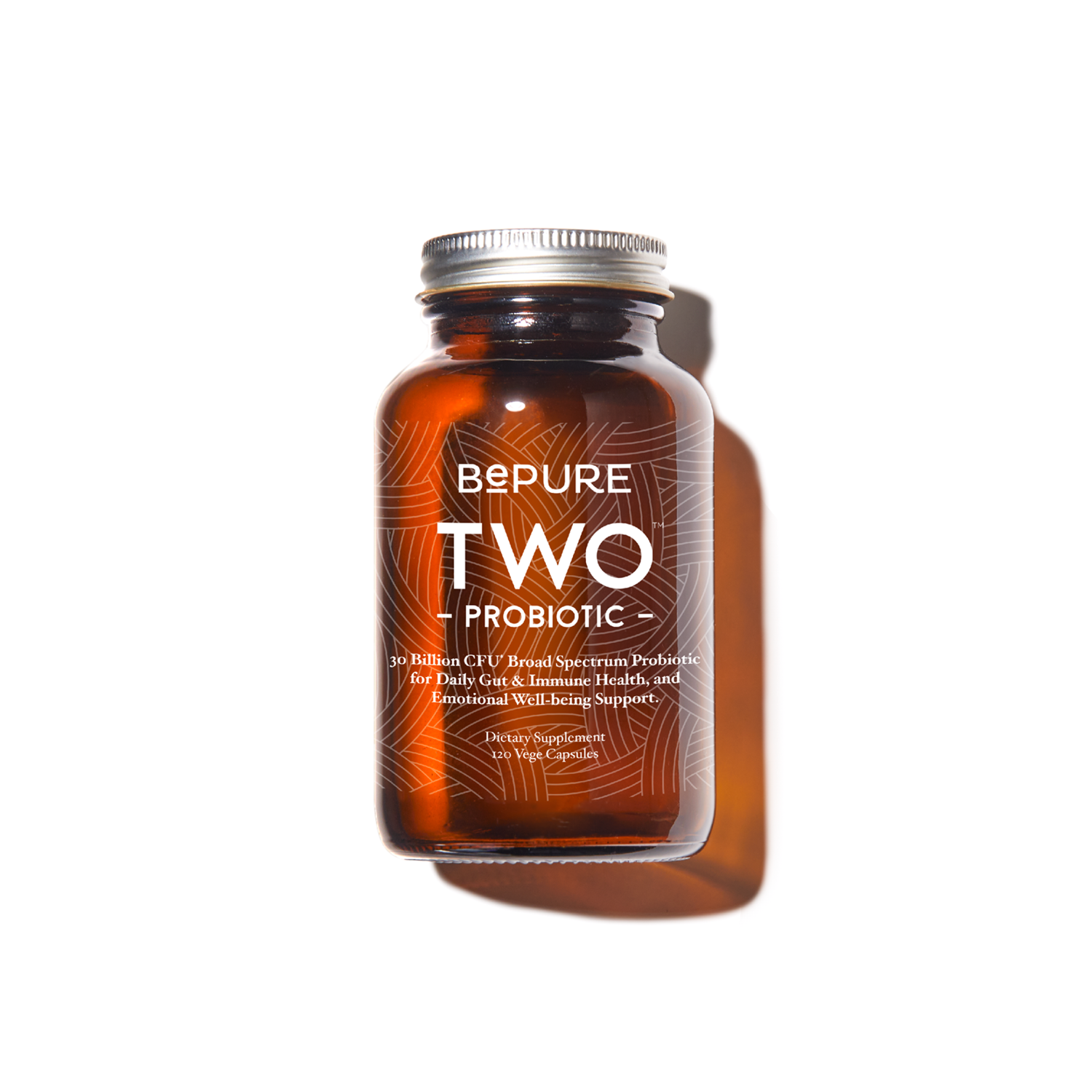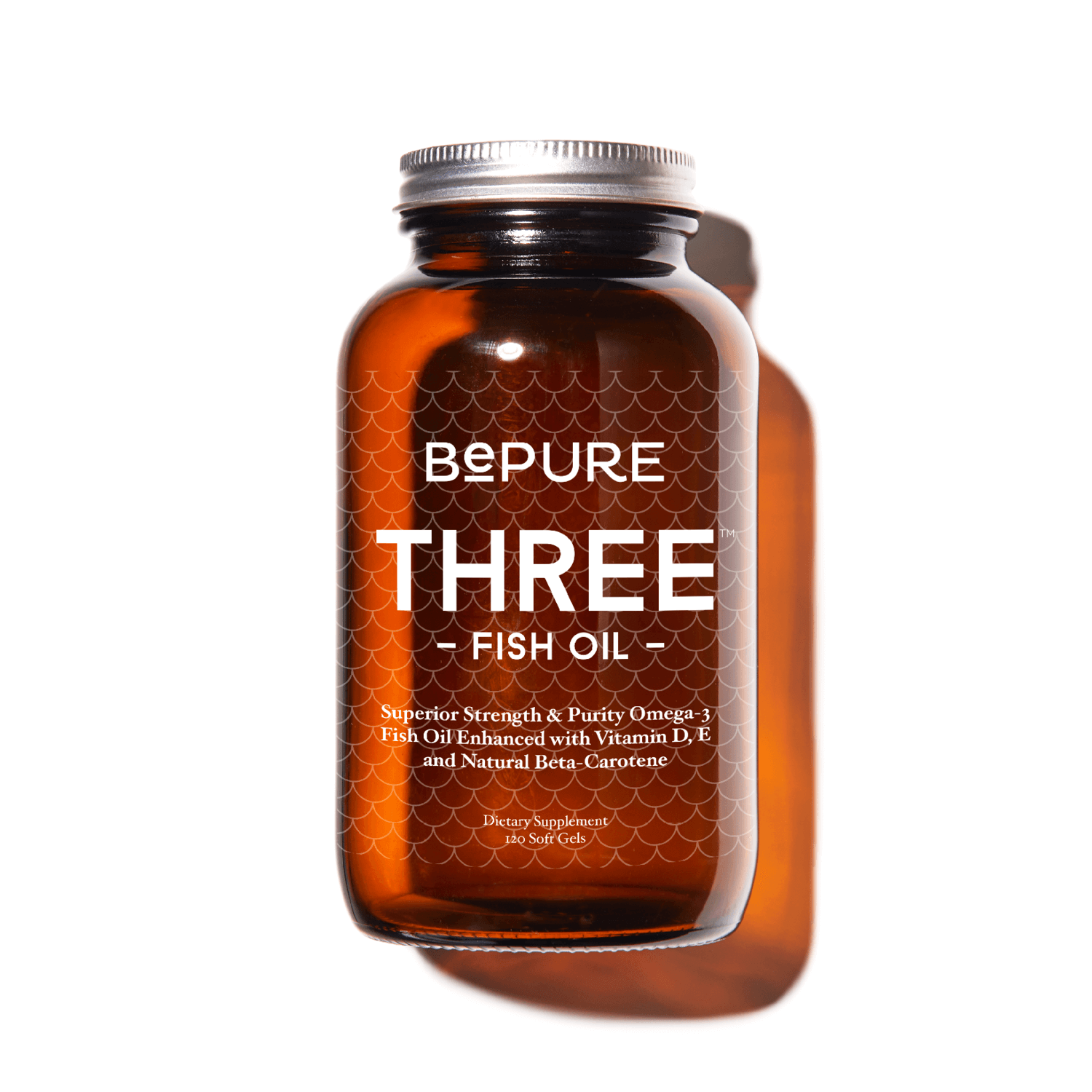Protein might not be the first thing that comes to mind when you think about promoting immune resilience, but dietary protein is an essential tool to have in your immunity survival kit - especially as we lead into the silly season when many of us fall ill as our bodies come down from the stress of university, school, and work.
Why?
Our internal defense system needs loads of the right mix of nutrients to be primed and ready to defend us from foreign invaders and to help us recover from illnesses and chills.
Eating more nutrient-dense whole foods is the first step towards greater immunity, but doubling down on foods that are rich in immune-supporting nutrients like protein, zinc, vitamin C, and vitamin D can help you and your family to stay well and recover quickly during the chaos of the silly season when ills and chills often hit us the hardest.
Dietary protein, zinc, vitamin C, and vitamin D all play key roles in the immune system and can be found in the following immune-boosting foods:
- Protein comes from both animal and plant-based sources, such as beef, eggs, chicken, seafood, nuts, seeds, beans, and lentils.
- Vitamin C-rich foods include berries, tomatoes, all citrus fruits, bell peppers, and broccoli.
- Vitamin D can be found in eggs and fatty fish like salmon and tuna. Sunlight exposure is also a great way to get your daily dose of vitamin D, so be brave and get your body outdoors during the colder months.
- Foods high in zinc include beef, seafood, beans, nuts, and tofu. Animal sources are more readily absorbed and can be a better option for those needing a little bit extra zinc.
Gut health for greater immunity
Most of our immune cells live around our gut - in fact, nearly 80% of our immune system is located here. The mixture of microbes that live within our gut, plays a central role in our ability to fend off invaders and work with our immune system to protect us. Probiotics are “good” microbes that are beneficial for our overall well-being and they work very closely with our immune cells to help protect us against “invaders”. Probiotic-rich foods include cultured and fermented products such as coconut yogurt, sauerkraut, and kimchi. Add these foods to your daily intake, to provide your immune-boosting microbiome with some extra TLC.
Beyond supporting our internal rainforest of microbes, we need to ensure we ingest adequate amounts of protein to maintain our gut health. Protein is essential to the daily functions of our gut and we need protein to enable our gut to regulate and repair itself.
When it comes to digestion, protein comes first.
We need protein to make digestive juices, repair the gut lining, and modulate digestion. The word “protein” is derived from a Greek word, meaning “first” or “primary”, for a reason - in the absence of adequate dietary protein, we sacrifice our nutritional health and digestive well-being!
Protein plays three essential roles in our digestive well-being and gut health.
#1 Protein Supports Gut Repair
Your digestive tract is a long, giant, tubular passage made of many layers of cells. These tissue layers, much like the layers of your skin, are constantly being damaged, turned over, and reproduced - all of which require protein.
Large portions of your gut secrete mucus to protect itself - this mucus is made of protein, and without adequate protein, fats, and micronutrients, your digestive tract cannot effectively absorb nutrients. Normal digestive wear and tear requires frequent infrastructure repair. Add gut inflammation, irritable bowel challenges, or other gastrointestinal insults, and protein becomes crucial to the healing process. In addition to a select handful of fats, vitamins, and minerals, our gut needs amino acids to heal and rejuvenate our gut lining.
#2 Protein Promotes Stomach Acid
Chewing, smelling, seeing, and tasting food in general—but particularly protein—sends a signal to your stomach to produce more hydrochloric acid. We need HCL acid to promote the digestion of protein and unfold long protein structures in preparation for further breakdown into smaller and more absorbable protein structures like amino acids and peptides. HCL Acid activates proteases in your stomach—the enzymes that cut larger protein strands into smaller pieces. What this means is that you eat more protein mindfully, consequently increasing the body's ability to digest protein. Many people produce poor levels of stomach acid, including those who suffer from certain health conditions and those who consume plant-based diets or take certain medications. Having robust stomach acid levels does so more than just support protein digestion—too many to outline in this article alone.
#3 Protein Powers Up Pancreatic Enzymes
Once your stomach has churned your food with acid and digestive enzymes, further digestion of your food will enhance nutrient absorption in your small intestine. These enzymes (produced by our stomach and pancreas) digest, or cut up, carbohydrates, fats, and proteins into the smallest possible pieces to make them easier for us to absorb and utilize. Without adequate amounts of digestive enzymes, our gut cannot break down and absorb nutrition from our food, and this can consequently, lead to unwanted gut symptoms associated with maldigestion (cue bloating and flatulence).
Put simply, if you undereat protein for a long time, you will make fewer enzymes to digest that protein simply because your body doesn’t see a need to keep making them. This can hinder protein digestion in every other organ that needs protein for optimal functioning.
For example, every enzyme in your body is made out of protein, not just digestive enzymes. We need protein for the function of our heart, brain, diaphragm, muscles, and gut, to name a few.
Power up with Protein!
The bottom line is: to support digestion, immunity, and other critical functions, power up with protein.
Step 1: Food First
Eat the right amount of protein, ideally from diverse sources, to support your body's need for protein.
Be on target with protein and optimise protein intake with every feeding window. Unless you have a medical or sports goal requiring a very specific protein intake, aim for a palm-sized serving of protein with each main meal. Add protein to your snacks if you are a physically active human or have weight goals.
This advice is for everyone, not just those trying to maintain muscle or stabilise blood sugar! You will digest and absorb protein more easily in smaller, more regular feedings than in a few large feedings. Opt for gut-nourishing organic animal meats, fish, bone broth, and collagen powder.
If life is busy, make protein portable by preparing and pre-packaging protein snacks or drinks so you have them ready to go if and when you need them. Boiled eggs, leftover meat, and a portable protein powder are the most popular option.
Step Two: Adjust Lifestyle factors
Be mindful of food, stress, and other challenges that make it harder to digest and absorb protein. Stress hinders your digestion because digestion isn’t important when you are running from danger—escaping danger is. Our bodies are still built for a time when all intense stress was physically threatening, not omnipresent. Stress reduces your production of stomach acid and ultimately hinders good gut health. For many of us, soothing stress takes effort and needs to be on the top of our minds to help us find our inner calm.
Step Three: Have a backup protein plan
This is what we made BePure Perfect Protein and Good Gut Protein for - to help you get the nutrition you need with ease that fits the pace of modern living. Dive into a delicious shake, power up your smoothie, or turbocharge your favourite breakfast with our easy-to-use protein powder range.



